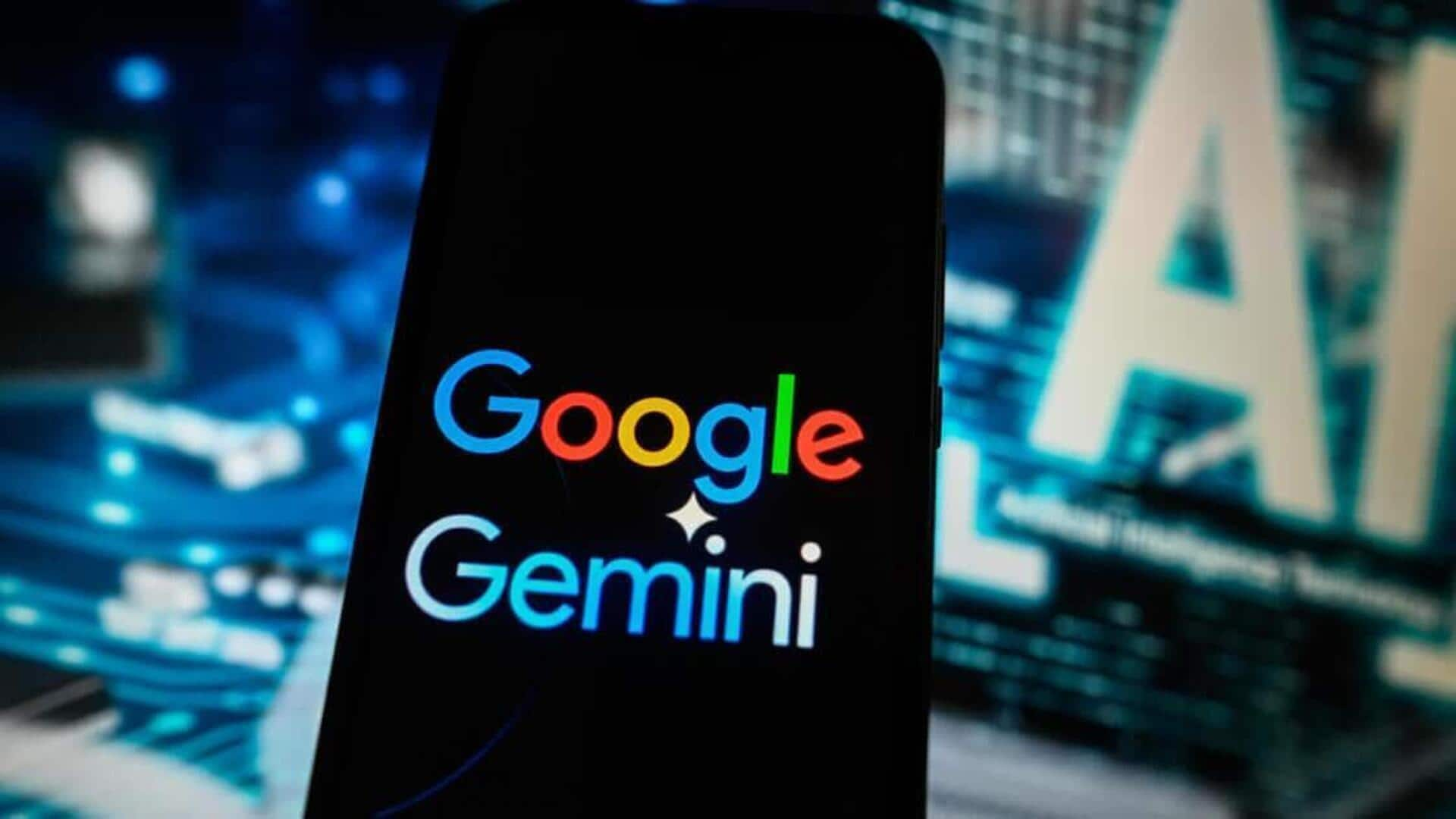
Google AI beats world's best coders at 'Olympics of programming'
What's the story
Google's Gemini AI has achieved an unprecedented victory, securing a gold medal at the International Collegiate Programming Contest (ICPC) World Finals. This landmark win marks the first time a non-human entity has triumphed in the prestigious competition, widely regarded as the "Olympics of competitive programming." The AI system, operating with astounding speed and precision, solved a series of complex algorithmic problems with innovative solutions, outperforming every one of the world's top human teams.
Competition details
ICPC is a global competition
The ICPC is a global competition where college students tackle complex coding and algorithmic puzzles over five hours. Google entered Gemini 2.5 Deep Think into the contest, giving human competitors a 10-minute head start before it started "thinking." The AI model was connected to an ICPC-approved remote online environment for this purpose.
AI achievement
Gemini didn't require a new model for the ICPC
Gemini 2.5 didn't require a new model for the ICPC, as it was the same general model seen in other Gemini applications. However, it was "enhanced" to churn through thinking tokens during the five-hour competition. By the end of this period, Gemini had solved 10 out of 12 problems correctly, earning a gold medal. Out of the 139 human teams that participated, only four managed the same feat.
AI efficiency
Gemini solved 8 problems in 45 minutes
Gemini quickly climbed the leaderboards by solving eight problems correctly in just 45 minutes. By the end of the five-hour competition, it had solved 10 problems correctly, finishing second among university teams. You can check all of Gemini's solutions on GitHub, with Problem C being particularly impressive as it was a multi-dimensional optimization problem related to fictional "flubber" storage and drainage rates that stumped every human team.
AI implications
Google's vision for AI in academia and industry
Google sees Gemini's success in advanced academic competitions as a sign of AI's future role in fields like semiconductor engineering and biotechnology. The company emphasizes that combining the intelligence of top university teams with Gemini gives correct answers to all 12 ICPC problems. However, it's worth noting that such high-speed inference processing doesn't come cheap, and Google hasn't revealed how much power was consumed by an AI model competing in the ICPC.